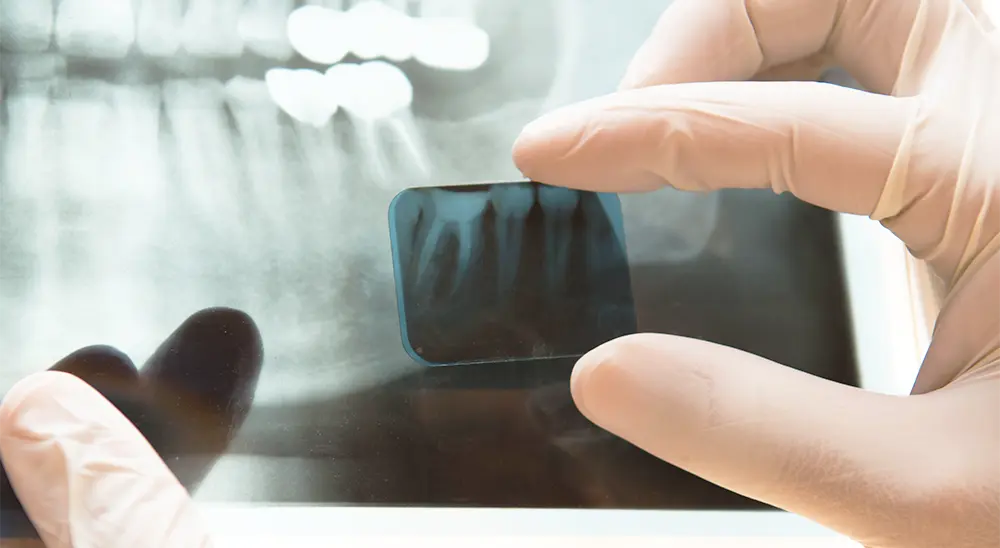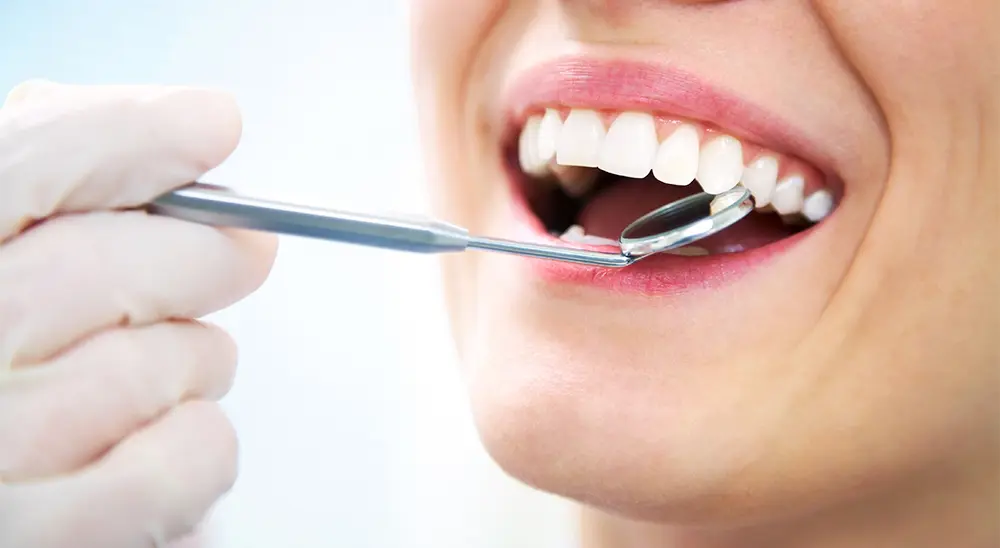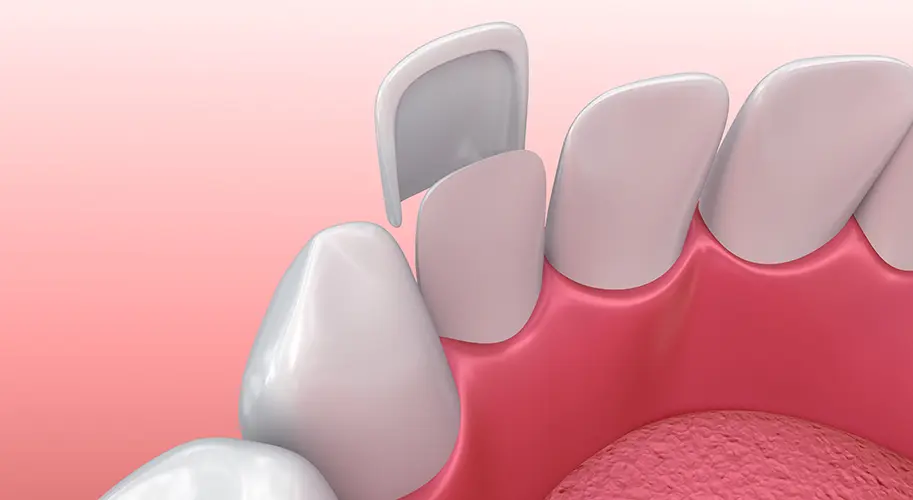
Sensitive teeth
Is there a solution?
Almost all of us have experienced moderate or severe discomfort associated with the ingestion of cold, hot, and acidic foods and drinks. What is the nature of this pain and how can it be treated? Read in our new article.
Symptoms of sensitive teeth
The pain of sensitive teeth is usually short-lived and acute, and the most common cause is eating hot, cold, sticky, sugary or acidic foods.
Sometimes you may also experience discomfort when you floss or brush with a very hard toothbrush.
What causes tooth sensitivity?
Tooth sensitivity can be short-term (a few seconds) or permanent (almost every time you come into contact with a certain ‘irritant’). The pain is caused by exposed dentin in the root areas due to gum disease and/or gum recession. Unlike dental crowns, the root area is protected by cementum rather than enamel. When the enamel or cementum is worn away, the nerves in the tooth become exposed, which can lead to tooth sensitivity. Common causes of tooth erosion are:
– Excessive tooth brushing
– Use of abrasive toothpaste
– Acidic diet
– Acid reflux
– Bulimia
– Excessive whitening of teeth
– Teeth grinding
– Dry mouth
In some cases, sensitivity can be due to gingivitis, cracked teeth, untreated tooth decay, or worn enamel from excessive clenching or grinding of the teeth.
How can sensitive teeth be treated?
When assessing the severity of tooth sensitivity, it is important to consider not only how severe the pain is, but also how often it occurs. If you only experience mild pain infrequently, a few times a month, then your sensitivity is not as severe as someone who experiences severe pain every day when eating or drinking cold, hot, sweet, and sour foods and drinks.
If tooth sensitivity persists for more than a week and you are experiencing significant pain, we recommend that you see a dentist as soon as possible who can assess the severity of the problem.
Before starting treatment, your dentist will take the necessary history to find out what is causing your tooth sensitivity and then set up the most appropriate treatment plan, which may include:
– Specialised toothpaste – You’ve no doubt seen toothpaste for sensitive teeth in the supermarket. These desensitizing products contain compounds that block the transmission of sensation from the tooth surface to the nerve. It may take several applications before there is a noticeable effect.
– Fluoride gel – Your personal dentist can apply fluoride gel to your teeth that strengthen the enamel and reduces sensitivity from the tooth surface to the nerve.
– Obturation (filling) – The presence of cavities on the teeth can significantly increase the sensitivity of the affected area.
– Endodontic treatment – If the sensitivity affects the majority of the teeth, your dentist may consider root canal treatment necessary.
– Crowns, inlays, or bridges – If the dentist determines that a small defect in the tooth is the cause of your sensitivity, they may use dental crowns, inlays, or bridges to cover defects that are too large to be treated with fillings.
– Surgical gingival grafting – If the loss of gum tissue around the roots of the teeth makes them sensitive, your dentist may perform a gingival graft to cover the exposed roots and reduce tooth sensitivity.







